
On 8 October, Maher al-Akhras is entering his 74th day of hunger strike for dignity and freedom. The Palestinian prisoner is in serious condition as he continues his strike in protest of his imprisonment without charge or trial under Israeli administrative detention.
These detention orders – first introduced to Palestine by the British colonial mandate and used routinely by the Israeli occupation – are indefinitely renewable, and they are used to jail Palestinians for years at a time. There are currently approximately 350 Palestinians jailed without charge or trial under administrative detention among a total of 4,400 Palestinian political prisoners.
People in Palestine and around the world are joining in a Twitter storm today, 8 October 2020, to express solidarity with and demand freedom for al-Akhras, whose health is deteriorating severely.
https://twitter.com/16thOctoberGr/status/1313924336621948929
The 49-year-old father of six is currently held in Kaplan medical center. While the Israeli occupation claimed to “freeze” his administrative detention, this term indicates that he will once again be jailed without charge or trial as soon as his urgent health crisis subsides or he ends his hunger strike.

Indeed, an Israeli court even refused to hear his second petition against his detention on 1 October, declaring that his detention order is “not currently active,” even though it will be reimposed as soon as his health improves. Instead, he is continuing his strike and putting his body and life on the line for freedom and an end to administrative detention.
"Doctors say I might die any moment now.."
"Israel" has been administratively detaining Maher al-Akhras (49), from Jenin city, since last July. But al-Akhras chose to fight for his freedom, and has been on a hunger strike for over 70 days. pic.twitter.com/iyceIkCBB3— Quds News Network (@Qudsn_en) October 7, 2020
“My only conditions are freedom or death,” al-Akhras said to his lawyer Ahlam Haddad, in a message from his hospital bed. “I either live freely with my children, or I am killed in the name of false justice.” Haddad noted that he has rejected a proposal to release him at the end of his current detention period on 26 November; instead, he is demanding his immediate release.
“This strike is…in defense of every Palestinian prisoner, and in defense of my people who are suffering from the occupation, and my victory in this strike is a victory for the prisoners and my Palestinian people,” Al-Akhras affirmed.

His wife, Taghreed al-Akhras, announced that she will join her husband on hunger strike to further emphasize the urgency of the situation. Her husband launched his strike as soon as he was ordered to administrative detention in late July, in rejection of the illegitimate and unlawful policy, which has been widely condemned around the world.
Israel’s routine and systematic use of administrative detention against Palestinian civilians constitutes a serious violation of the Fourth Geneva Convention and Articles 9, 10 and 14 of the International Covenant on Civil and Political Rights, as well as constituting war crimes and crimes against humanity under the Rome Statute of the International Criminal Court. Since 1967, at least 50,000 administrative detention orders have been issued by Israeli military officials and courts.
Taghreed al-Akhras also reported that her husband has lost nearly half of his body weight, suffers from a severe headache and constant ringing in the ears; he is too weak to stand or go to the washroom. This is the fifth time al-Akhras, known for his strong support for Palestinian political prisoners, has been jailed by Israeli occupation forces. He was born in August 1971 in Silat al-Dhahr, a village near Jenin; he was arrested in 1989, 2004, 2009 and again in 2018, most times jailed without charge or trial under administrative detention.
Samidoun Palestinian Prisoner Solidarity Network stands with Maher al-Akhras, his family and loved ones and the Palestinian prisoners’ movement in demanding his immediate release and an end to Israeli administrative detention. Administrative detention and the political imprisonment of thousands of Palestinians are colonial weapons used against the Palestinian people that have affected nearly every Palestinian family.
At the same time, the U.S., Canada, Britain, the European Union and other imperialist powers – as well as the reactionary Arab regimes normalizing with Israel, such as the UAE and Bahrain – are deeply complicit in these crimes against the Palestinian people, including the ongoing detention of Maher al-Akhras. These powers’ military, diplomatic, political and economic support of the Israeli occupation regime, and their attacks on Palestinian rights inside and outside Palestine, continue to enable the ongoing war crimes and crimes against humanity perpetrated by the Israeli Zionist regime against the Palestinian people.
We urge all supporters of Palestine to join the campaign to free Maher al-Akhras and all Palestinian prisoners, including boycotting and internationally isolating Israel and its complicit academic and cultural institutions and corporate profiteers reaping benefits from the occupation and colonization of Palestine.
Freedom for Maher al-Akhras and all Palestinian prisoners!
Freedom for Palestine, from the river to the sea!

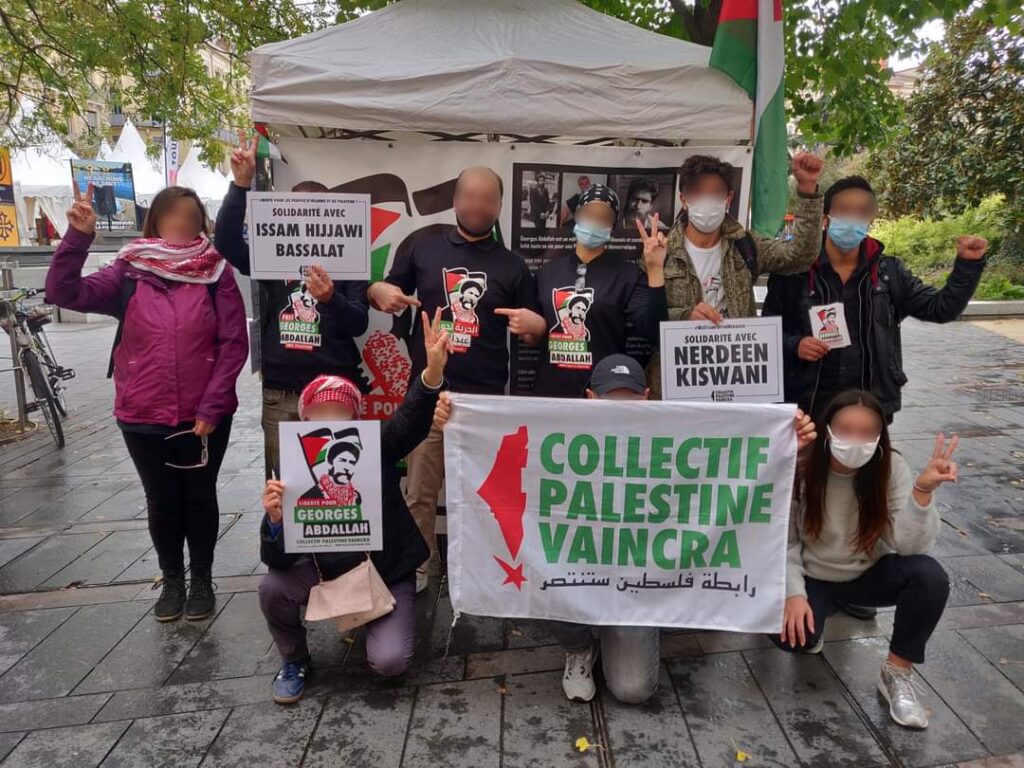
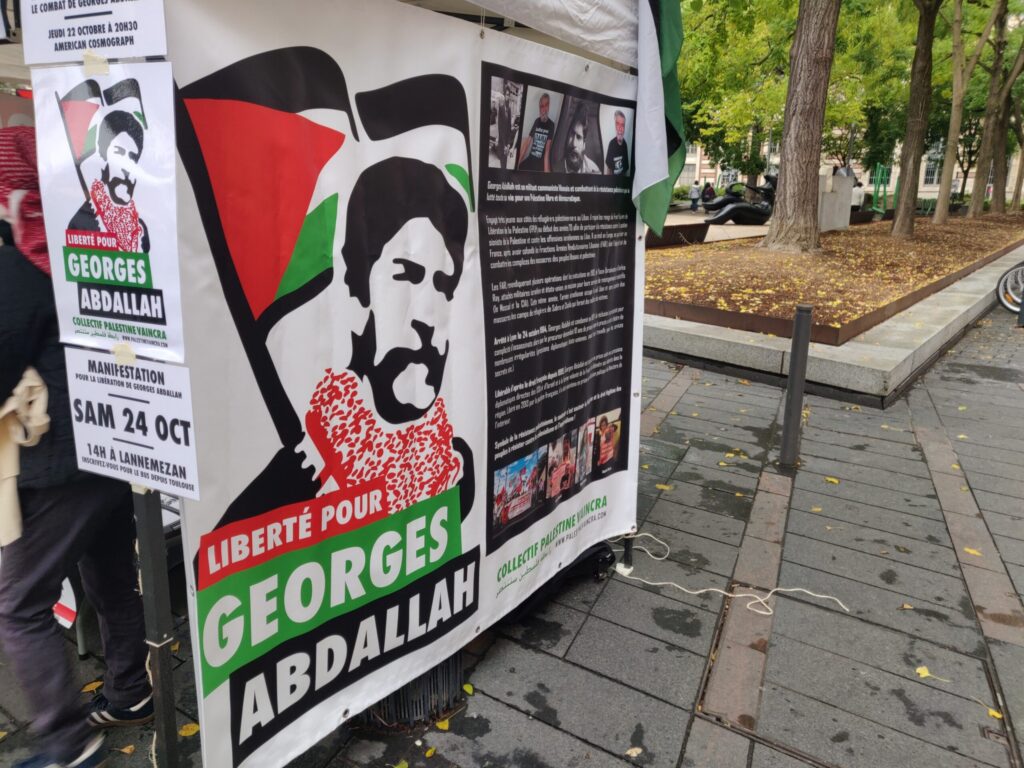
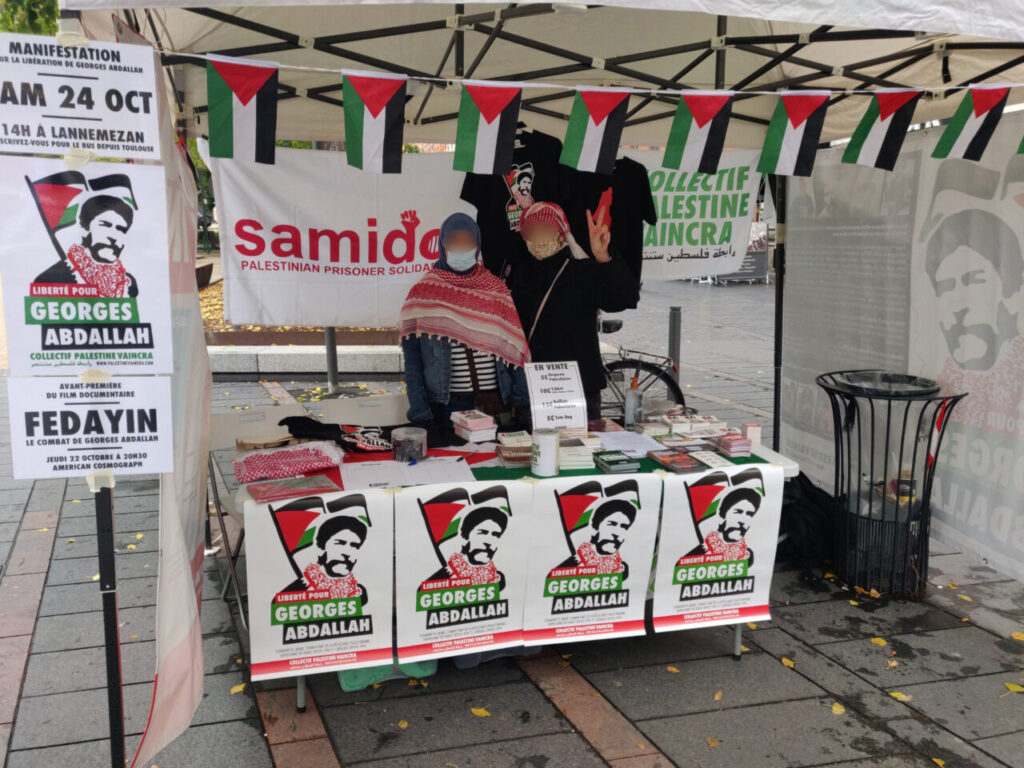

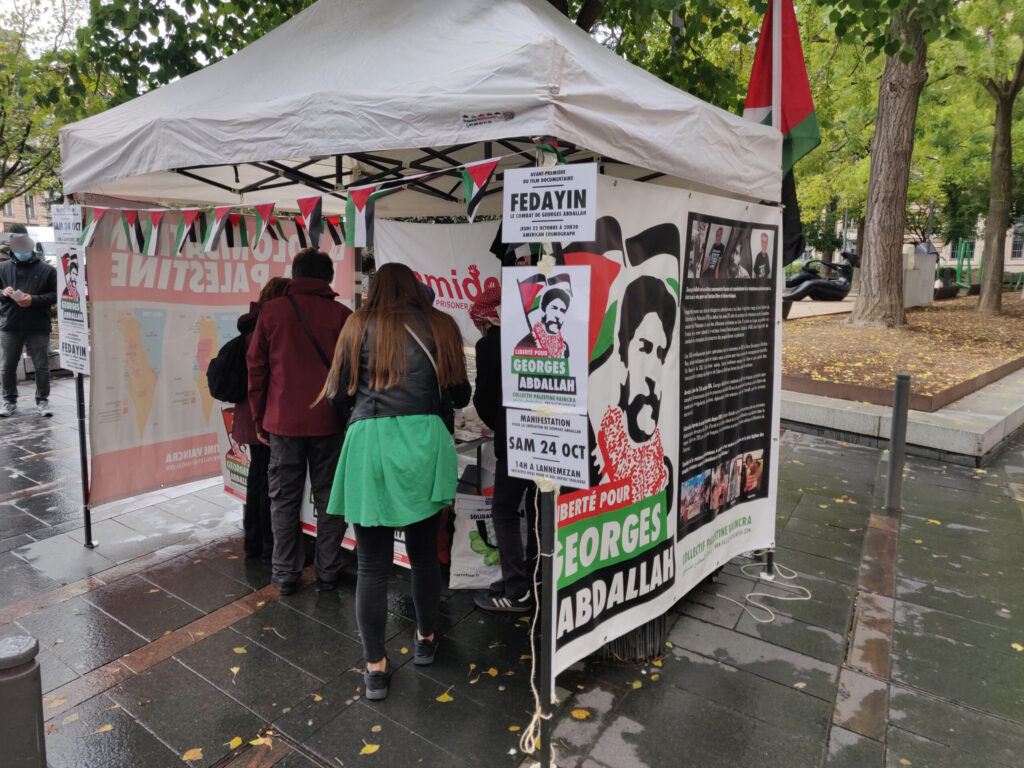
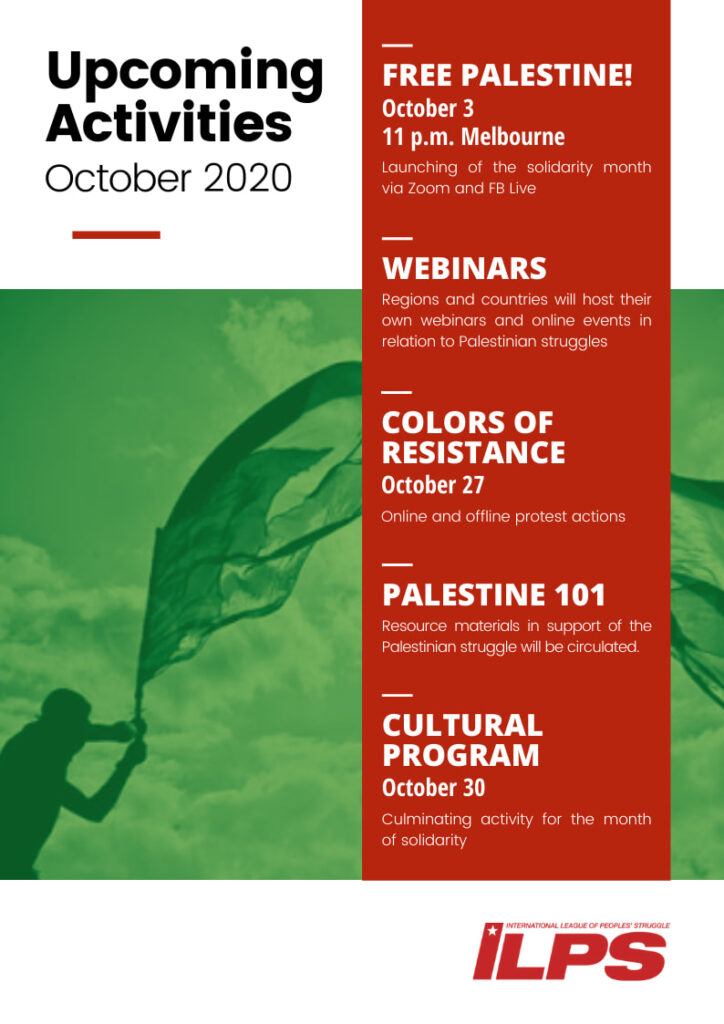
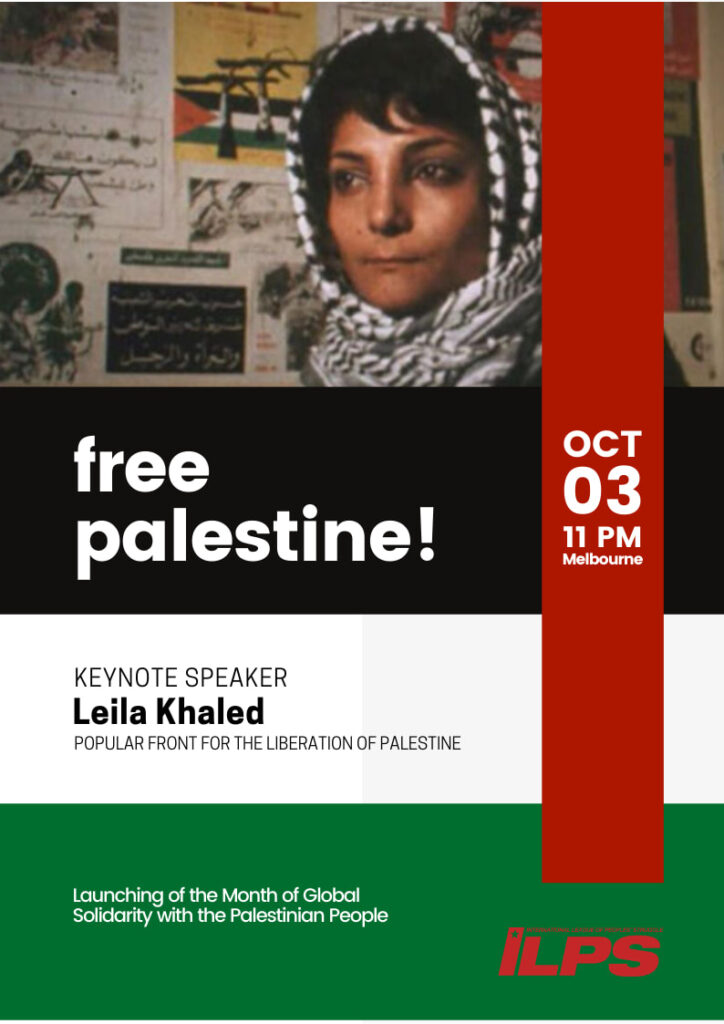
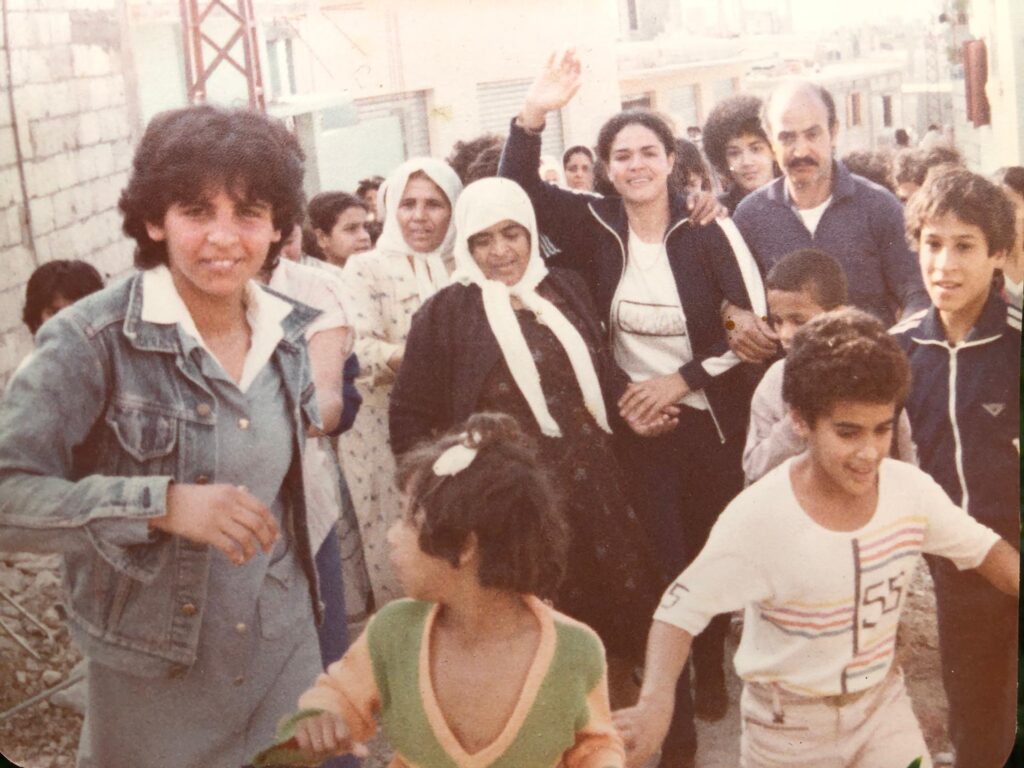
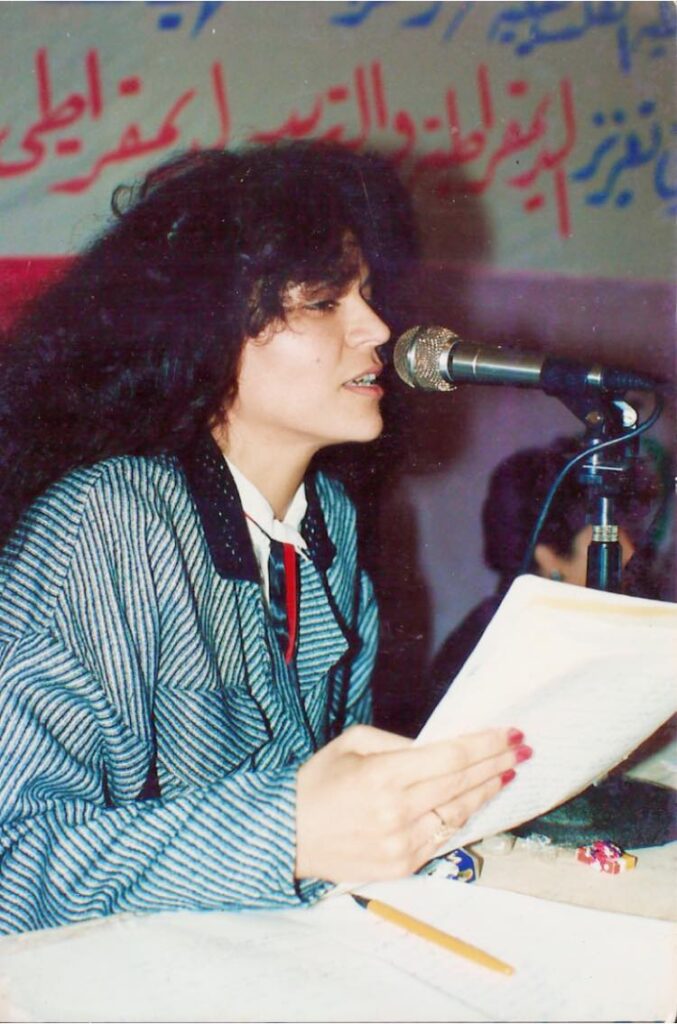
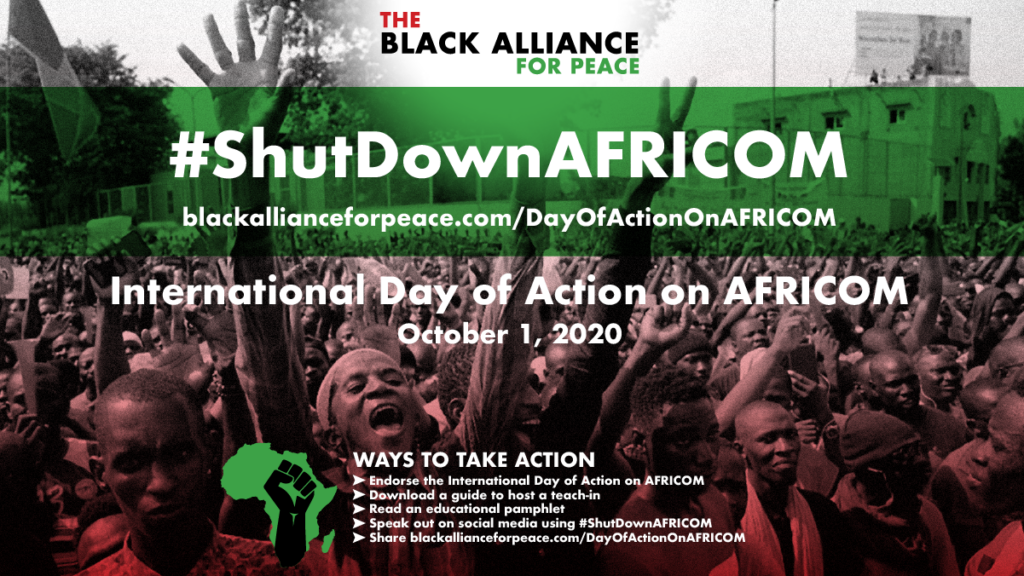
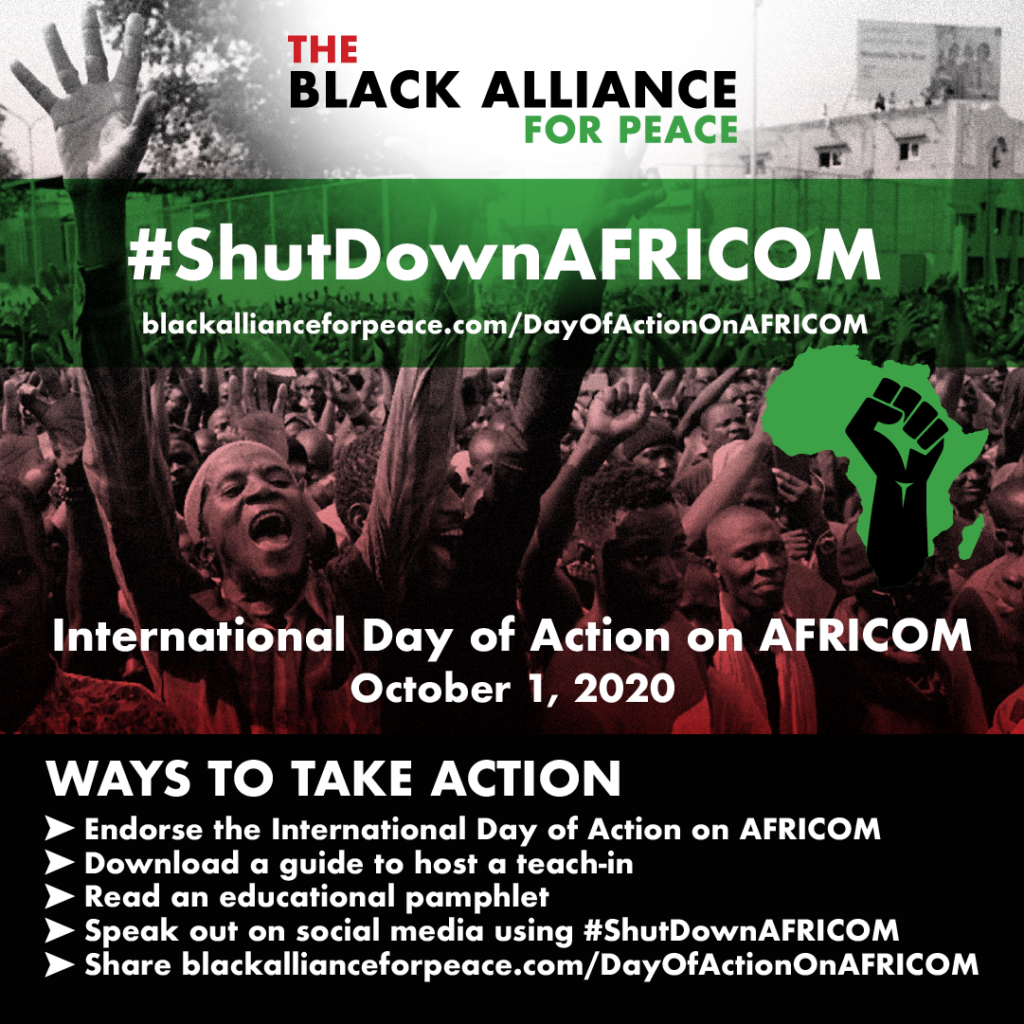
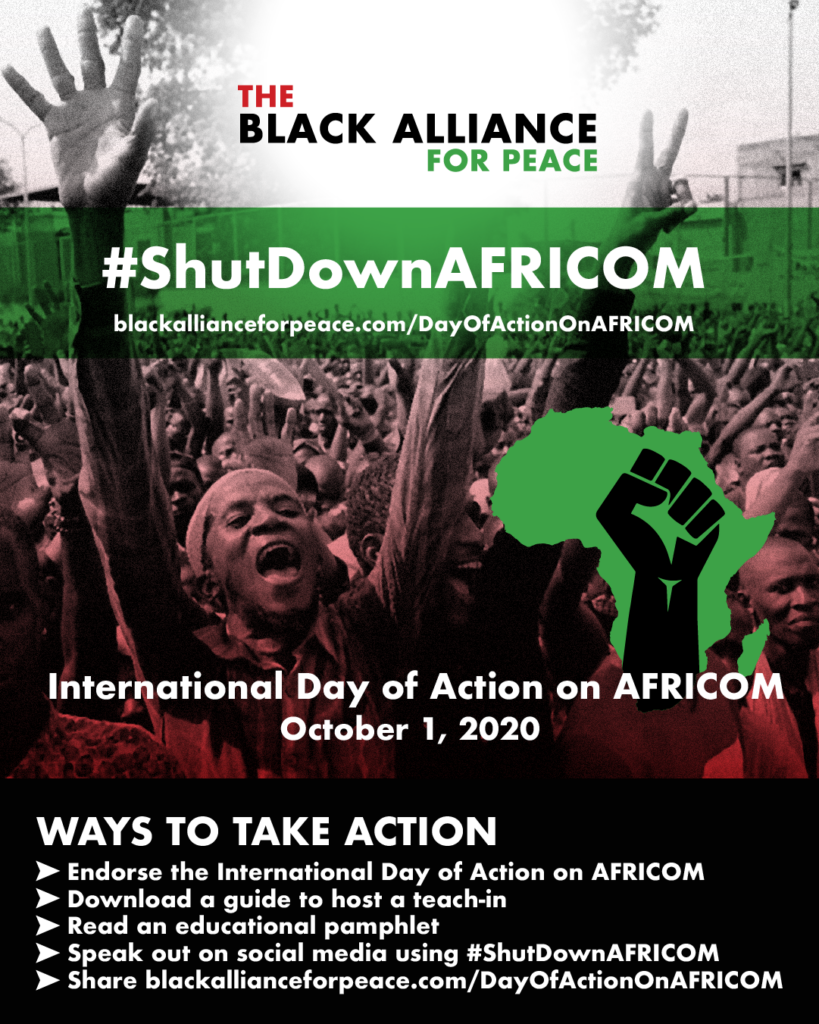













 Dear reporters, and friends of Palestinian people,
Dear reporters, and friends of Palestinian people,

